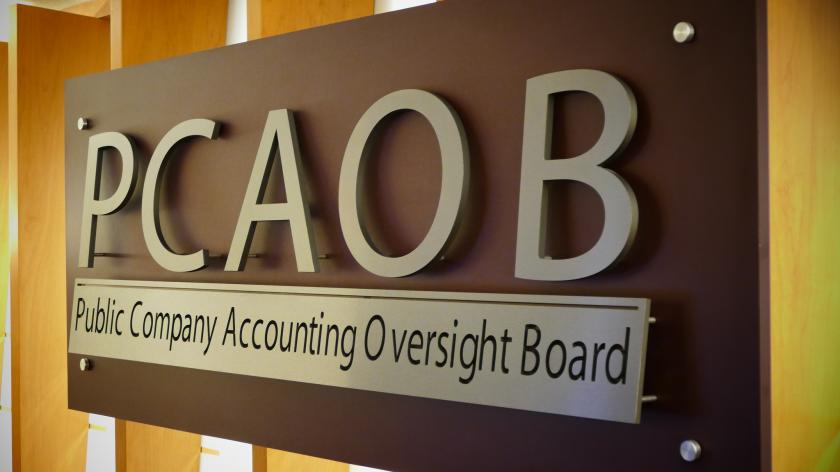Accounting
PCAOB Report Highlights Rising Audit Deficiencies Related to Engagement Quality Reviews
In addition to covering recent trends in audit deficiencies related to EQRs, the staff report provides good practices and reminders for auditors so they can avoid such deficiencies.
Oct. 24, 2023

A new report from the staff of the Public Company Accounting Oversight Board (PCAOB) reveals that 42% of firms the PCAOB inspected in 2022 had a quality control criticism related to engagement quality reviews (EQRs), up from 37% in 2020. The staff report, “Inspection Observations Related to Engagement Quality Reviews(PDF),” focuses on the PCAOB-mandated EQR process, in which a reviewer who is not part of the engagement team evaluates significant judgments made by the audit engagement team.
In addition to covering recent trends in audit deficiencies related to EQRs, the staff report provides good practices and reminders for auditors so they can avoid such deficiencies. It also highlights key questions related to EQRs that audit committees might want to consider as discussion points as they engage with external auditors.
“Engagement quality reviews are an important investor safeguard during the audit process. Unfortunately, audit firms are increasingly falling short when performing this function,” said PCAOB Chair Erica Y. Williams. “We urge audit firms and audit committees to read our EQR report so they can fully live up to their responsibility to protect investors against insufficiently supported audits.”
The staff report provides several EQR reminders. For example, it reminds auditors that it is not permissible for an EQR reviewer to have served as the engagement partner during either of the two audits preceding the audit subject to the EQR, and an EQR reviewer should neither make decisions on behalf of the engagement team nor assume any of the responsibilities of the engagement team.
Additionally, despite the prevalence of EQR deficiencies, the staff report notes that many firms – from large global network firms to sole proprietorships – continue to take EQR-related steps to improve their quality control systems. These practices, which may positively influence audit quality, involve the following areas:
- Workload and expertise monitoring
- Timely and increased involvement of EQR reviewers for key audit milestones
- Increased accountability
- New and revised audit tools and guidance
- Root cause task forces
For audit committees, the staff report provides questions for consideration in discussions with auditors, including topics such as EQR policies and procedures, EQR reviewer experience, and significant judgments discussed.
Visit the PCAOB’s Staff Publications page to find this resource and others that can help auditors, audit committees, investors, and preparers understand the PCAOB’s activities and observations.
